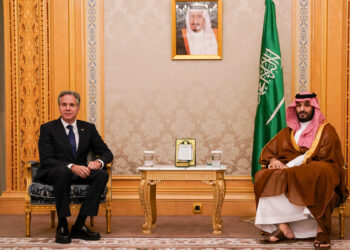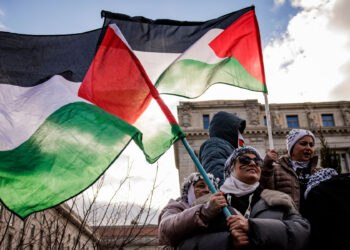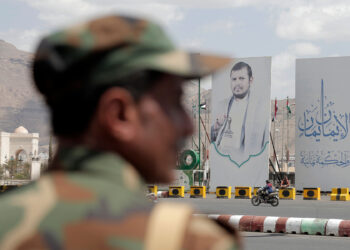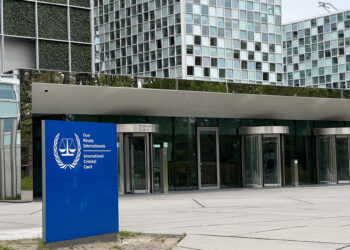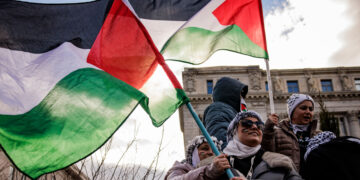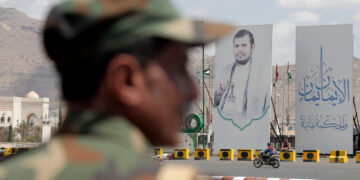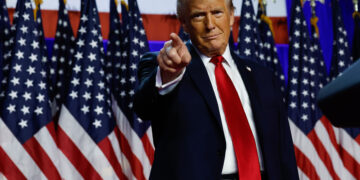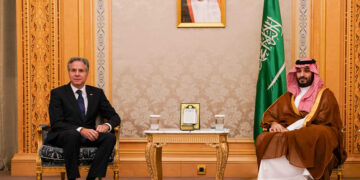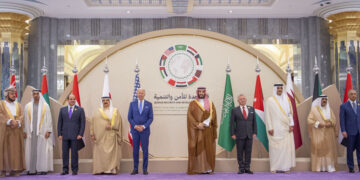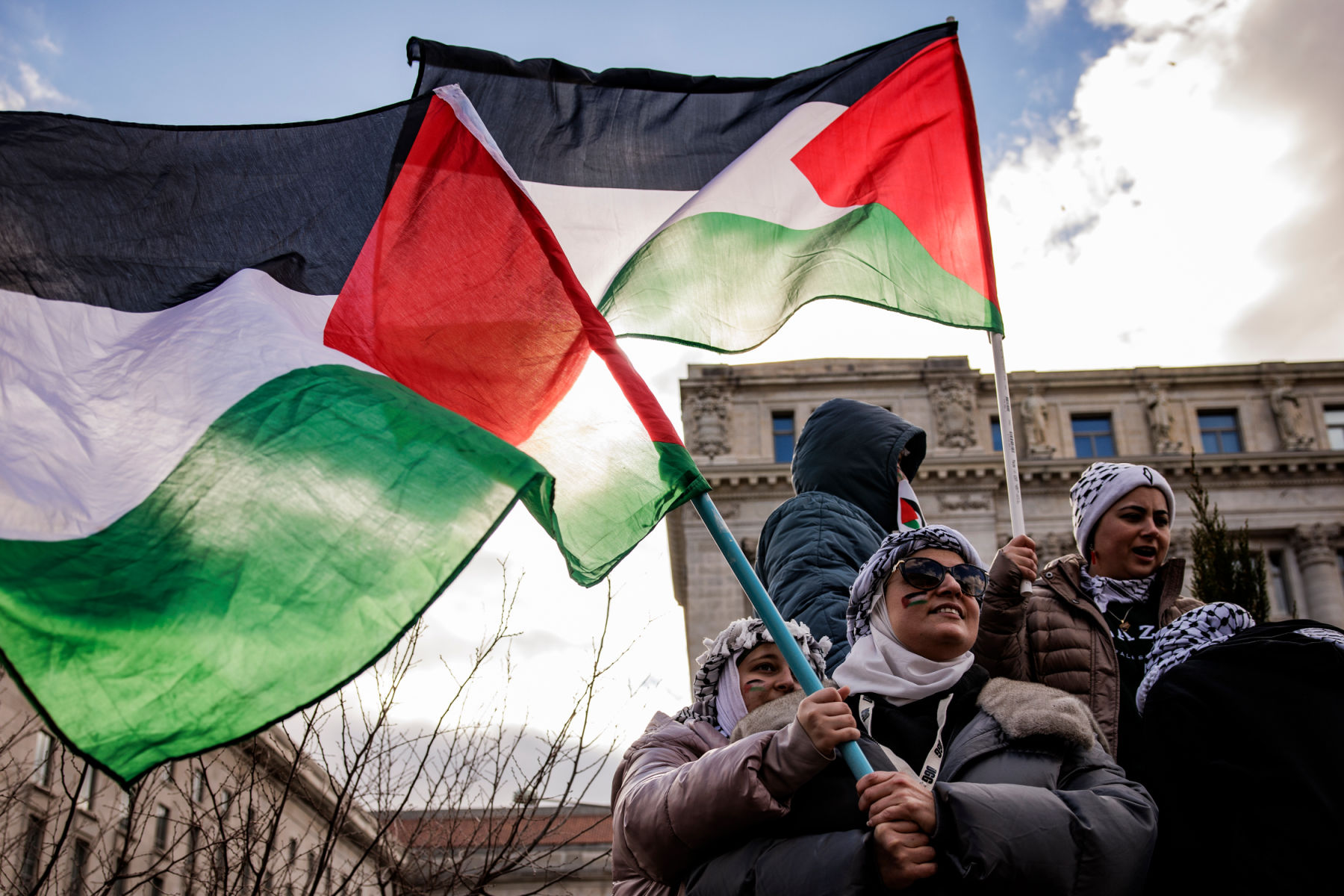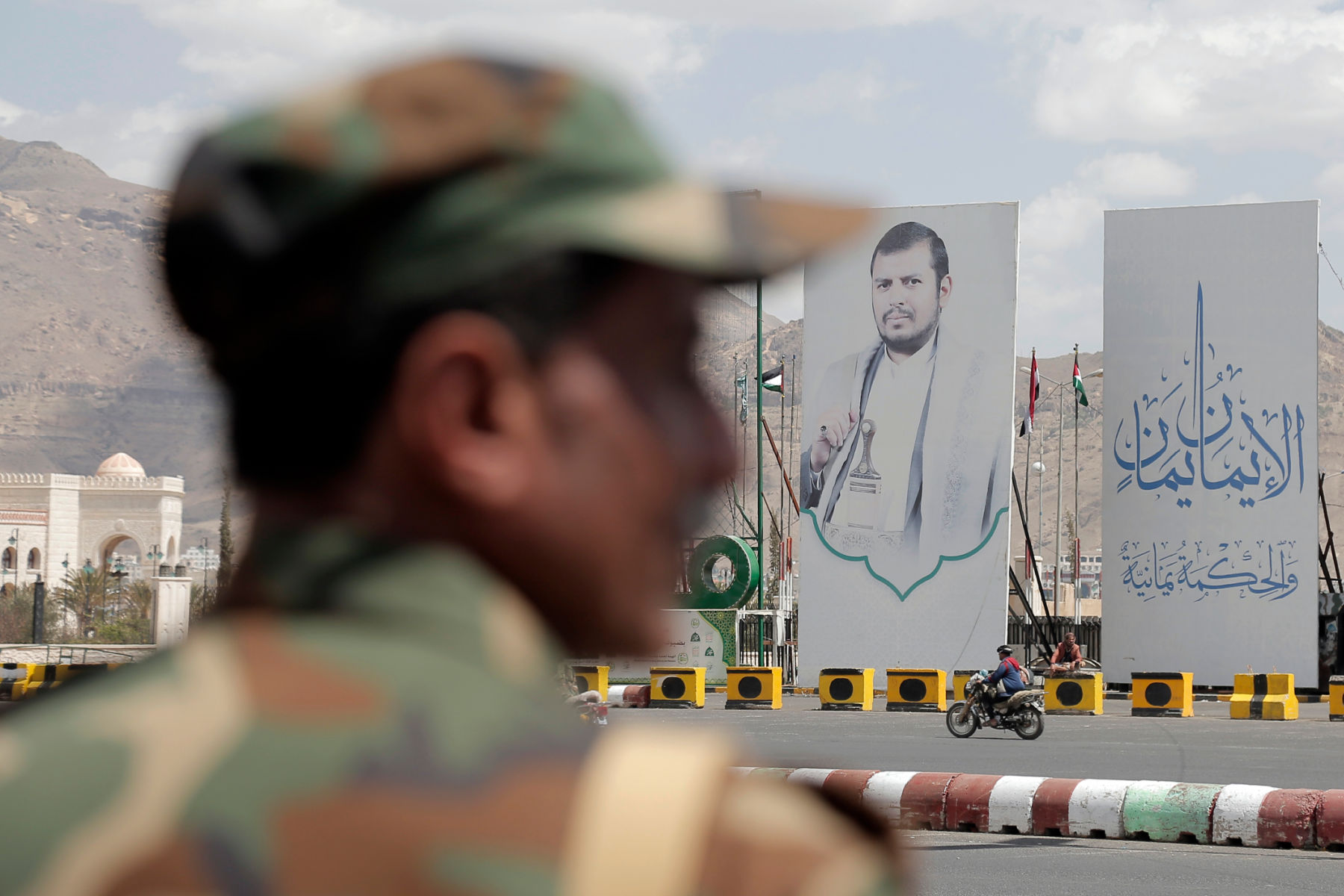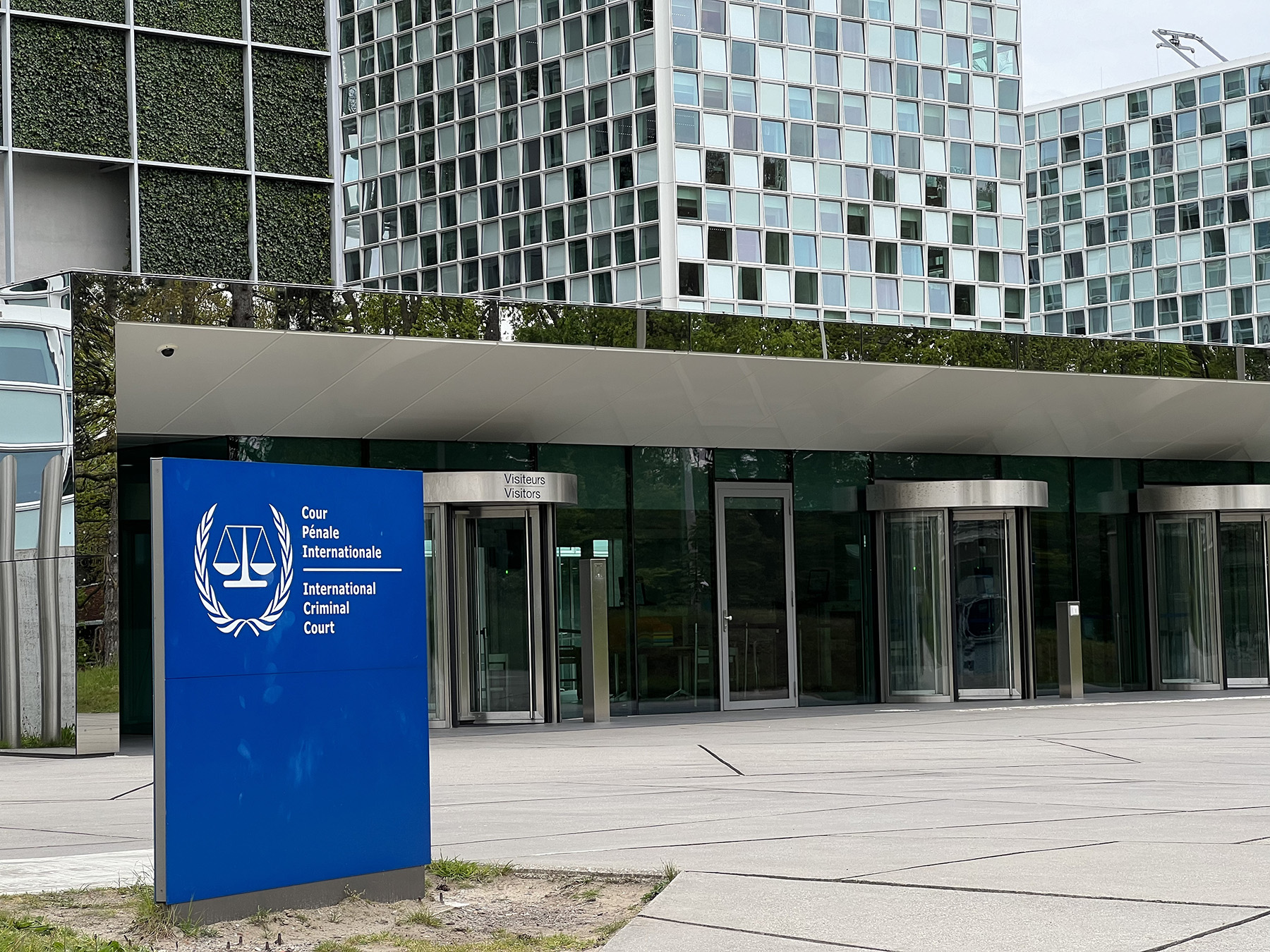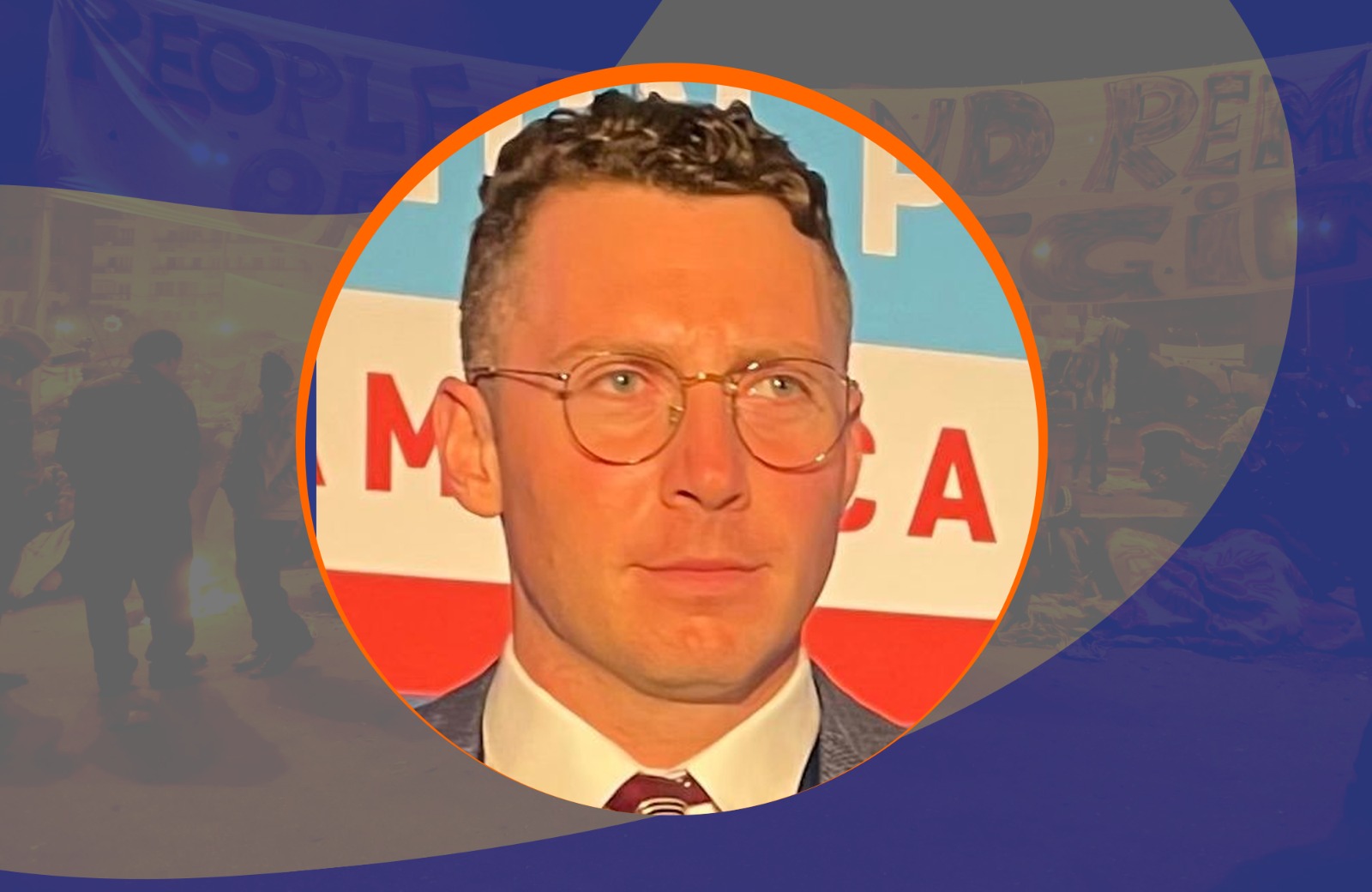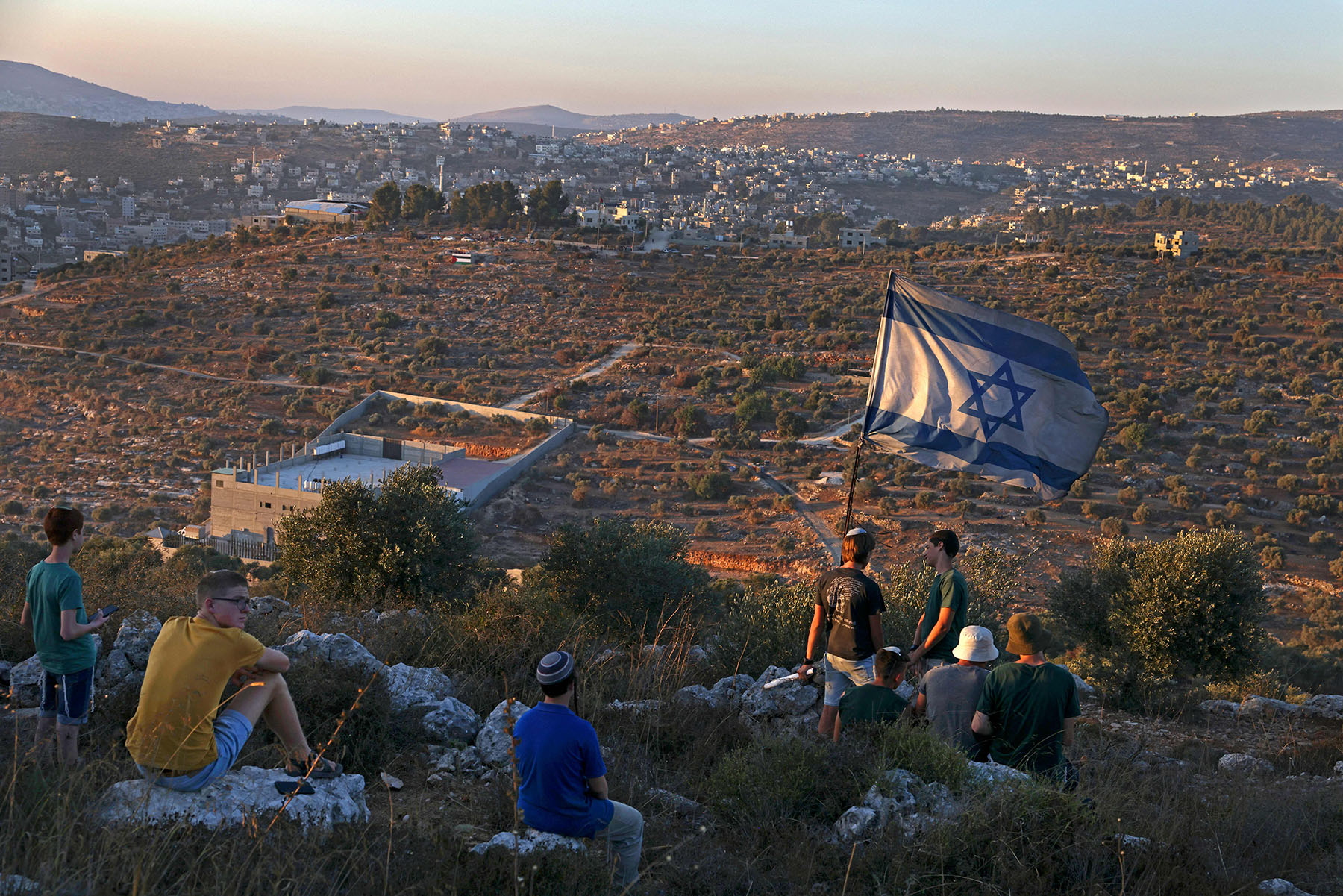Seifeddine Ferjani is a Tunisian political analyst living in the United Kingdom. He writes about North African regional affairs, particularly Tunisia and Libya.
عربي
When President Kais Saied removed the only check on his power last summer, circumventing Tunisia's constitution, there was initially relief and even jubilation in certain quarters of the country. Aided by the military, Saied bet that by suspending parliament and ruling by decree, he could end the political gridlock in Tunis and with it the deeper political and economic crisis in Tunisia. But any hopes for change that were pinned on Saied's coup soon faded. Instead, as many observers and critics predicted, freezing parliament was only the beginning for this aspiring autocrat.
In the immediate aftermath of the coup, Saied moved to arrest opposition parliamentarians, dispatching a group of plain-clothed policemen who were directly loyal to him. With a cowed media largely under his control, Saied could spread outlandish claims, including that his power grab had recovered millions in stolen state funds, and hurl any accusations against his political opponents without pushback. As the months dragged on, Saied was emboldened by the absolute authority he claimed under his singular, and widely criticized, interpretation of the constitution. He has steadily abandoned any semblance of the norms of democratic behavior, and any recognizable form of law and order.
Following the blueprint of tyrants across the region, Saied, who was elected in 2019 largely based on his vows to root out corruption, shuttered the independent Anti-Corruption Committee, which held a vast amount of information and accusations by whistle-blowers leveled at the powerful and well-connected. He also had the committee's former head put under house arrest. These moves were designed to make Saied the only authority in Tunisia on who is and isn't corrupt. He could also use the information within the complaints and the commission's ongoing cases to blackmail both the accused and any whistleblowers.
With unrelenting economic pressure driving more internal opposition, Saied needed financial backing to pay public wages and satisfy Tunisians exhausted by COVID-19 and a long-ailing economy. His early moves to ignore the International Monetary Fund led to the suspension of negotiations on a loan, further postponing that already stalled process. He seemed to believe that friends in France, Egypt and the Gulf states would aid Tunisia under his control, but that has failed to materialize. Even relations with neighboring Libya were strained after vague accusations of assassination plots against Saied originating in Libya. French President Emmanuel Macron, who following the coup quickly recognized Saied's popular legitimacy over the legitimacy of Tunisia's constitution, has provided little in the form of money so far, despite Saied's assurances to Tunisians that he could rely on "friendly countries" for financial help.
Saied's complete monopoly on the coercive powers of the state has made him unaccountable to anything and anyone except his own whims.
- Seifeddine Ferjani
But with Tunisia desperately in need of international aid, especially IMF help, negotiations restarted in November. The time lost because of Saied's belligerence, though, created untold damage to Tunisia's financial position, after its bond rating was downgraded to near junk status due to the instability created by his power grab. Not that Saied seemed to care about what it meant for Tunisia's economy. "The rating agencies cannot give us any grades they want," he declared in October. "We are not their students, and they are not our teachers."
The much-awaited "roadmap" that Saied promised—for a constitutional referendum and new elections—was just another step in his consolidation of power. With parliament remaining suspended, he gave himself a year to return Tunisia to democracy, with little assurance that will actually happen, as he claimed authority over scheduling new elections for December 2022, something he has no power to do under the constitution. The Independent High Authority for Elections is constitutionally mandated to organize elections and any referendum, but he still hasn't consulted it.
But perhaps most alarmingly, Saied has managed to assemble a team of ministers and officers in the security services who are personally loyal to him and willing to ignore the procedural norms of the state, led by Interior Minister Taoufik Charfeddine. He will not only enforce Saied's repressive orders, but was brazen enough to claim recently in a public, televised news conference that he had ignored all legal procedures in detaining two prominent opposition politicians.
In late December, Noureddine Bhiri, the former Justice Minister and deputy president of the Islamist party Ennahda, and Fathi Beldi, a former official in the Interior Ministry, were abducted by plainclothes officers. They reportedly beat Bhiri as they dragged him into their vehicle in front of his home, without an arrest warrant. They also violently accosted his wife who was with him, lawyer Saida Akremi, and confiscated her phone. Both Bhiri and Beldi were taken to undisclosed locations. In a news conference, Charfeddine described Bhiri's detention as house arrest, to the shock of judges and lawyers, given the absence of any formal charges. Neither Tunisia's prosecutor general, nor the courts, nor even the police were apparently informed of these two arrests, so Bhiri and Beldi were de-jure kidnapped. Their detentions, which looked like a warning to other opposition politicians, spread fears of a wider crackdown.
The fact that he has shown complete disregard for due process and the rule of law, while he and his clique of advisers feel untouchable, means that we haven't seen the worst of Saied's excesses.
- Seifeddine Ferjani
Saied's designs on Tunisia's judiciary have since come further into view, with a decree this week ending the "grants and privileges" of members of the Supreme Judicial Council, an independent body under the constitution that monitors the judiciary and appoints judges to various courts. Saied has spent months smearing the council and the entire judiciary. He has called for the "purification" of the courts and claimed they are "a function of the state," undermining their independence and making clear that he sees courts and judges as just another extension of his absolute presidential power. Just like his loyal coterie of plain-clothed policemen, Saied wants judges in place who rule on his behalf, without any independence, so he can weaponize the courts at will against any political opponents. He would then be able to rule not by emergency law, but with the faux legitimacy of an entirely co-opted legal system, like other dictators such as Moammar Gadhafi in Libya, where the state dissolved and fragmented. Saied wants power for himself and his chosen few—to undermine the state completely and remake it for his own ends.
Since his coup, Saied has used widespread public anger at both the economy and corruption to impose his complete control over all parts of the state—first by shuttering the only legal check on his power, in parliament, and then by placing staunch loyalists in ministries, the security services and state media. The last piece of this puzzle is the judiciary. Already, military courts have been trying a troubling number of civilians just for publicly criticizing Saied.
Saied's coup and looming dictatorship were clear for any student of democracy to see on July 25. But now, his complete monopoly on the coercive powers of the state has made him unaccountable to anything and anyone except his own whims. The police state has returned to Tunisia, but it will get even worse. Protests against Saied last week on the anniversary of the fall of Zine El Abidine Ben Ali were violently suppressed by security forces; one demonstrator, 57-year-old Rhida Bouziane, died. Tunisian human rights groups are warning collectively that "a police and security mentality is running the state," as basic freedoms are being curtailed.
In this climate of fear and repression, torture, beatings and even the deaths of dissidents and protesters will initially shock and alarm everyone, but then they will be normalized, just like Saied's power grab. The fact that he has shown complete disregard for due process and the rule of law, while he and his clique of advisers feel untouchable, means that we haven't seen the worst of Saied's excesses. With a ready line of excuses from Saied's inner circle to justify the horrors already being unleashed, state violence could rise to a level unseen even under the darkest days of Ben Ali.














